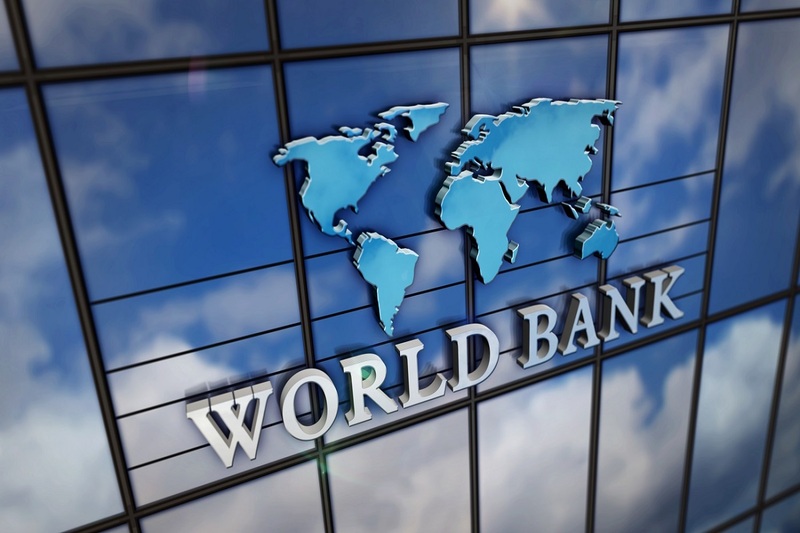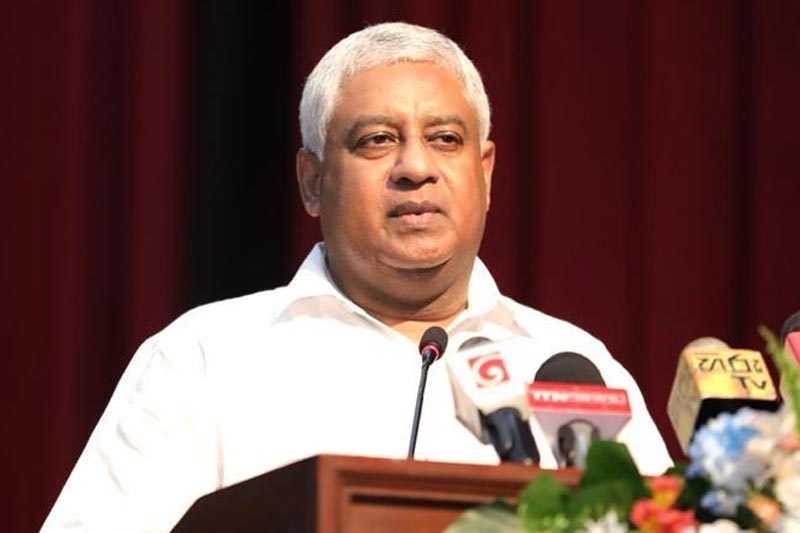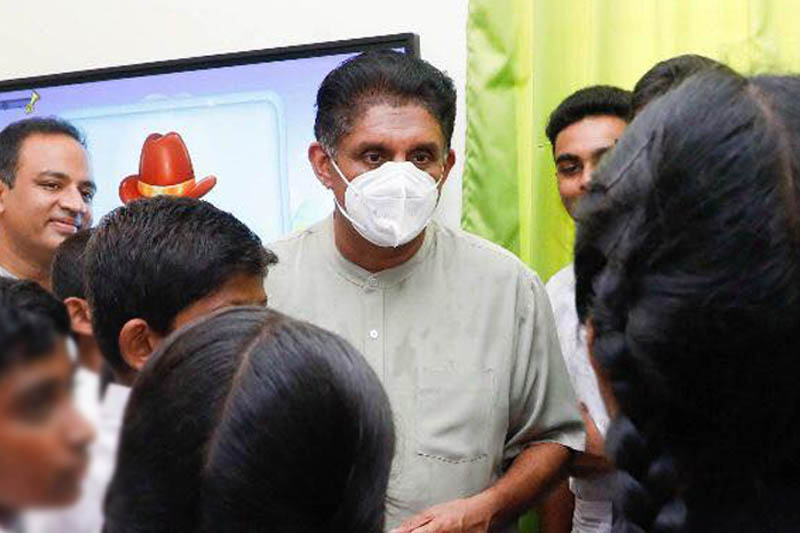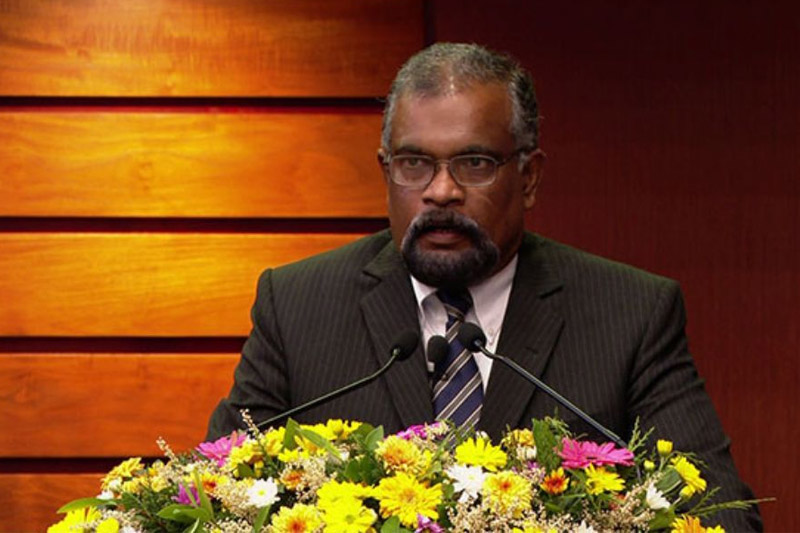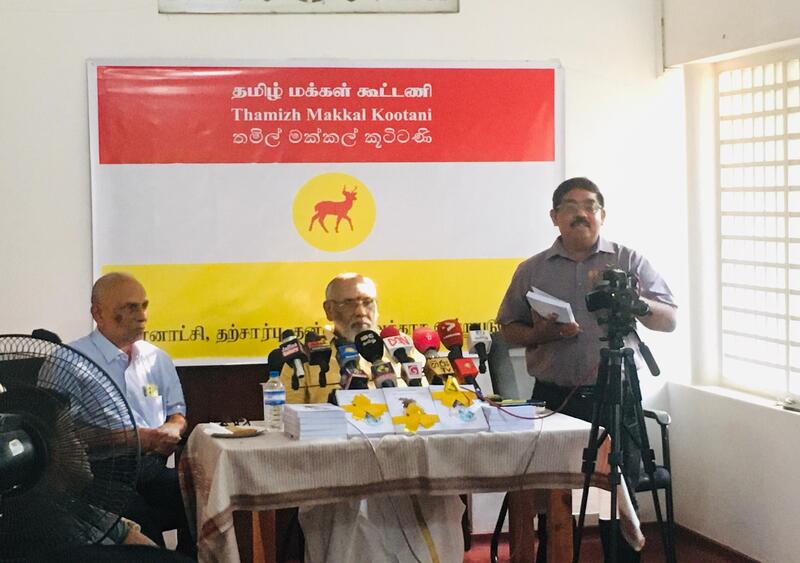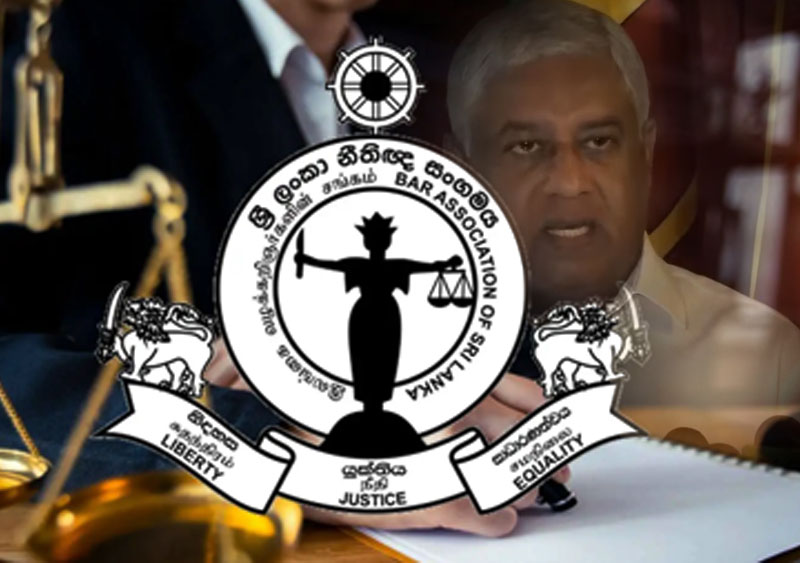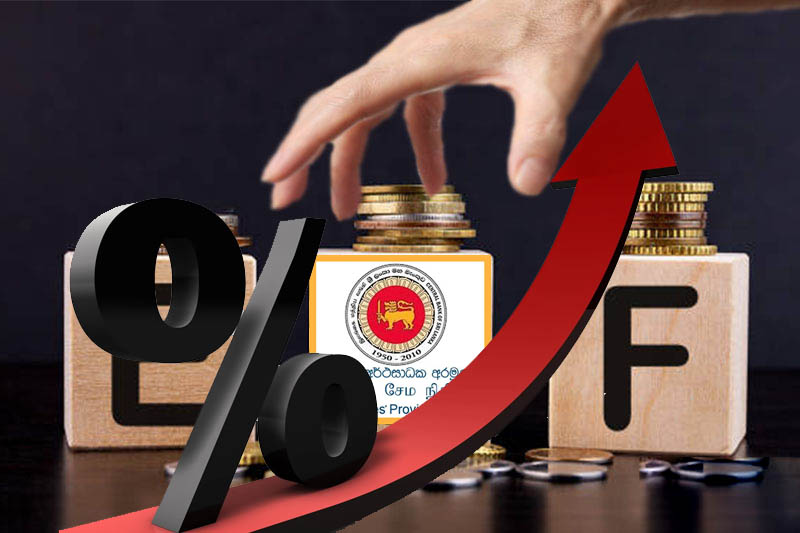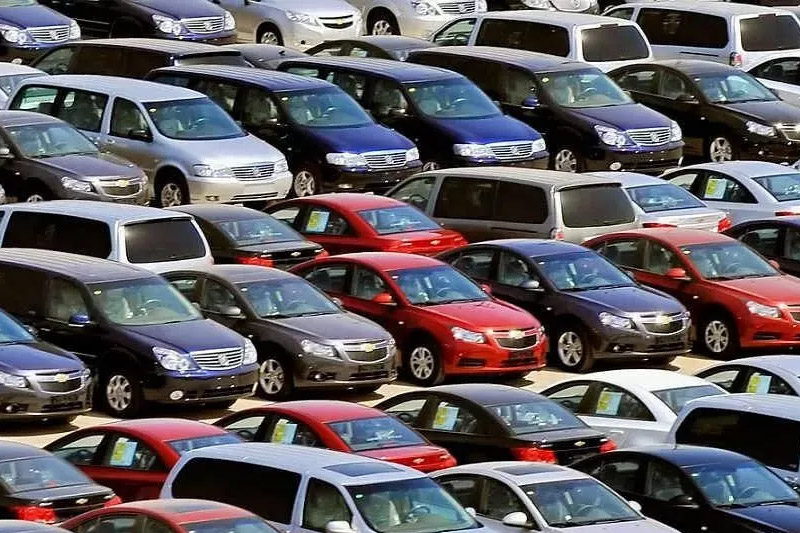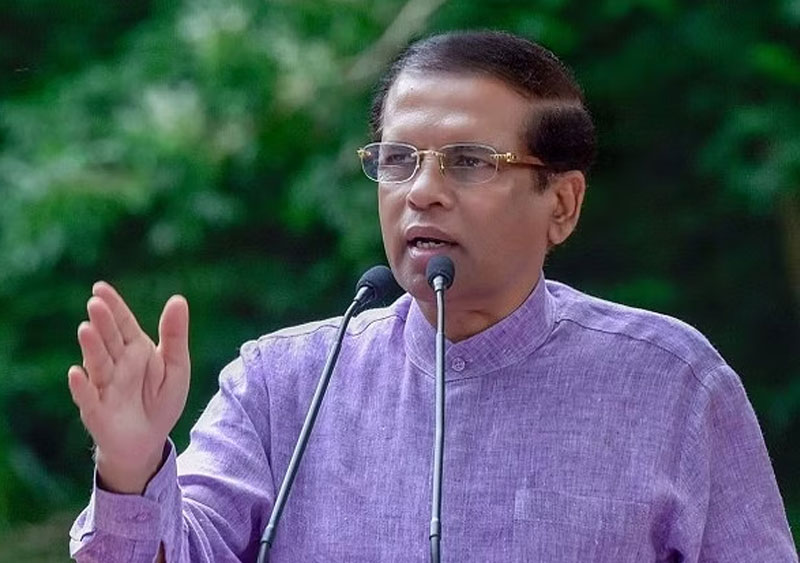Sri Lanka’s path to recovery remains narrow with limited fiscal and external buffers, the World Bank has warned in its recent report on the economic outlook of the island nation.
Although pointing out the economy of Sri Lanka has shown initial signs of stabilization, in spite of a low-level equilibrium, with moderating inflation, easing foreign exchange liquidity pressure, and progress in debt restructuring, a successful debt restructuring and continued implementation of structural reforms are vital the report has emphasized.
The World Bank has pointed out the longstanding structural weakness which was elevated by several shocks and ultimately plunged the country into an economic crisis.
“Poor governance, a restrictive trade regime, a weak investment climate, episodes of loose monetary policy and an administered exchange rate contributed to macroeconomic imbalances”.
The fiscal indiscipline has also come in for criticism from the World Bank. “Fiscal indiscipline led to high fiscal deficits and large gross financing needs, which, together with risky commercial borrowing, elevated debt vulnerabilities”.
Lack of financial vision and the fiscal mismanagement of the Gotabaya Rajapaksha government too led to the serious economic crisis in Sri Lanka, points out the report.
“Ill-timed tax cuts in 2019 further eroded weak fiscal buffers and led to a rapid growth in debt to unsustainable levels," it said.
Gotabaya Rajapaksa in his 2019 election campaigned for tax cuts. Securing a big victory over his opponent and present leader of the opposition Sajith Premadasa by close to 1.5 million votes, Gotabaya Rajapaksa started implementing his election promise.
And, that lack of far-sightedness on fiscal management coupled with batting for organic farming without any detailed study or the plan for a phased introduction of natural fertilizers the country’s agriculture output took a big hit, and the cost of food went skyrocketing with increased food insecurity.
As promised during his campaign immediately after being elected as President Gotabaya Rajapaksa started implementing tax cuts. As such, the taxpayers number dropped by close to a million between 2020 and 2022.
The biggest change to the tax structure was the reduction of the Value Added Tax (VAT) from 15% to 8 %. Along with this, the 2% Nation Building Tax was abolished, while the Ports and Airport Development levy was reduced by 2.5%. Those taxes abolished included the Economic Service Surcharge among others.
Other popular measures introduced took a heavy toll on the country’s economy and exacerbated the already struggling economy.
The financial mismanagement and tax cuts led Sri Lanka into losing access to international financial markets in 2020 and official reserves dropped precipitously thereafter, forex liquidity constraint which ultimately led to severe shortage of essential goods in 2022, the World Bank report notes.
This was followed by the external debt service suspension in April 2022, pending debt restructuring the report adds.
“Amid the crisis, half a million jobs were lost, food insecurity and malnutrition increased, poverty doubled and inequality widened”.
Construction, manufacturing, real estate, and financial services suffered the most amid shrinking private credit, shortages of inputs, and supply chain disruptions, worsening the negative welfare impacts of income contractions and job losses registered in 2002, according to the statistics of the World Bank.
While noting the overall fiscal deficit increased in the first four months of 2023 has improved overall progressivity, the World Bank has expressed concern that indirect taxes and rising energy prices are placing a disproportionate burden on the poor and vulnerable.
“Unless mitigated with targeted measures, the removal of energy subsidies could lead to further poverty increases”.
According to the World Bank report, in Sri Lanka, while recent macroeconomic performance has been better than expected, downside risks remain high, given the narrow path to recovery and limited buffers.
World Bank has also warned that local and international factors like political backlash due to the reforms and a sharper global slowdown are key risks in restoring stability and regaining sustainable growth and bringing Sri Lanka back to pre-crisis rates of poverty.
Meanwhile, the international rating agency Fitch has warned: “Sri Lanka’s ambitious budget agenda faces high implementation risks”.
In its outlook for Sri Lanka post budget, Fitch says the targets laid out in Sri Lanka for 2024 will be challenging to meet even with the economic recovery that is expected to continue next year. “Fitch believes there are significant risks to the government’s revenue goal for 2024. Sri Lanka has a record of fiscal slippage, and revenue collections fell 29% short of target in the first nine months in 2023”.
The rating agency projects Sri Lanka’s economic growth will be very modest in 2024.
“We think the presidential election in late 2024 will incentivise the government to keep its spending plans which include a 14% in spending on salaries and wages,” Fitch pointed out in its latest analysis of the post-budget economic analysis for Sri Lanka.

